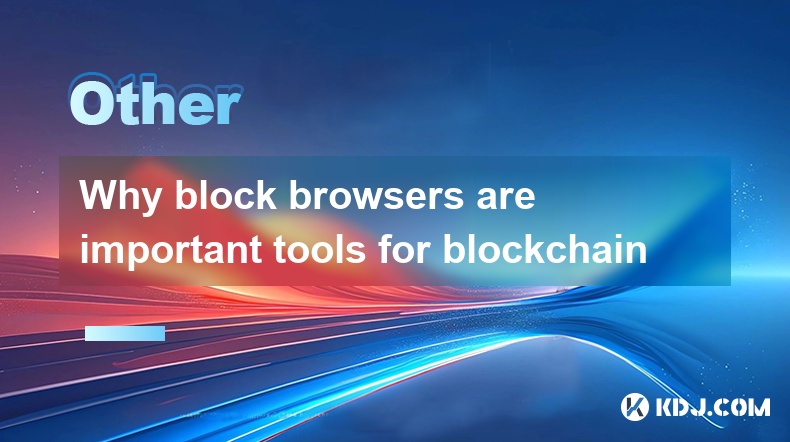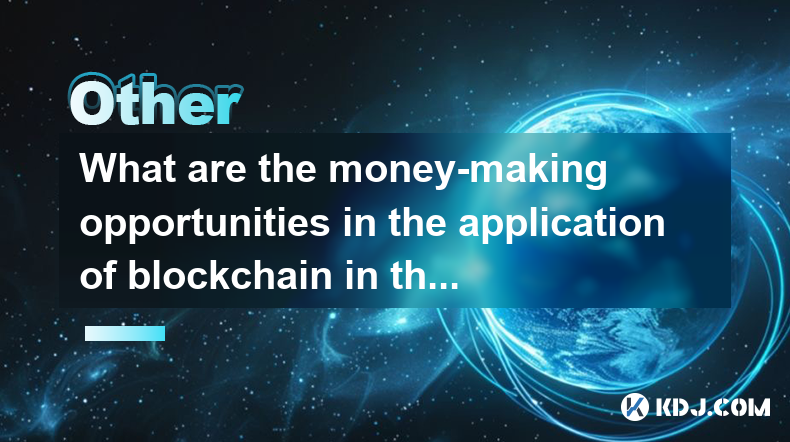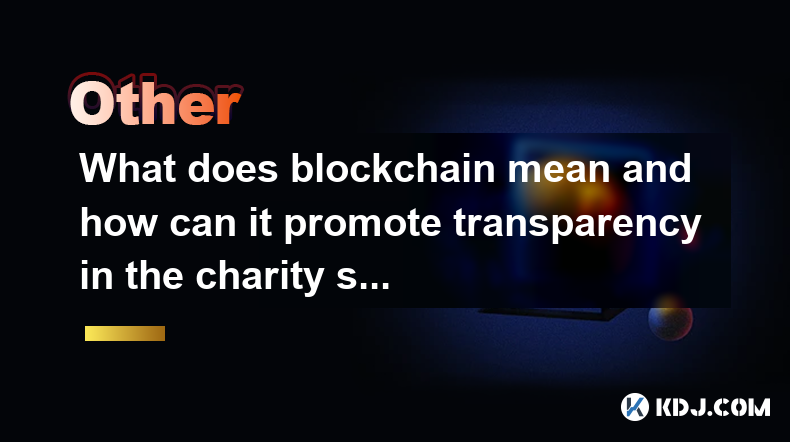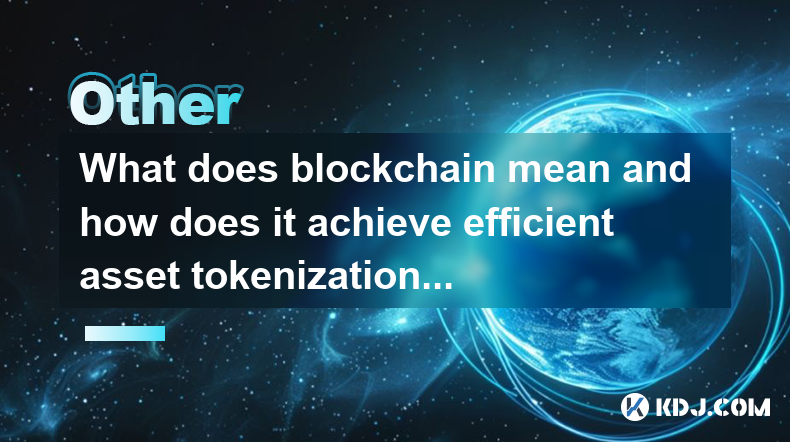-
 Bitcoin
Bitcoin $81,973.5211
-3.14% -
 Ethereum
Ethereum $1,771.8221
-4.70% -
 Tether USDt
Tether USDt $0.9996
-0.04% -
 XRP
XRP $2.0020
-4.93% -
 BNB
BNB $586.3762
-2.30% -
 USDC
USDC $0.9997
-0.03% -
 Solana
Solana $113.7739
-9.53% -
 Dogecoin
Dogecoin $0.1574
-7.43% -
 Cardano
Cardano $0.6244
-7.96% -
 TRON
TRON $0.2315
-2.36% -
 Toncoin
Toncoin $3.6020
-10.34% -
 UNUS SED LEO
UNUS SED LEO $9.3401
-1.03% -
 Chainlink
Chainlink $12.4356
-7.28% -
 Stellar
Stellar $0.2536
-4.73% -
 Avalanche
Avalanche $17.8372
-6.13% -
 Sui
Sui $2.2393
-7.83% -
 Shiba Inu
Shiba Inu $0.0...01195
-3.16% -
 Hedera
Hedera $0.1559
-5.48% -
 Litecoin
Litecoin $80.9170
-1.94% -
 Polkadot
Polkadot $3.8852
-4.23% -
 MANTRA
MANTRA $6.2821
-0.06% -
 Bitcoin Cash
Bitcoin Cash $298.6048
-1.78% -
 Bitget Token
Bitget Token $4.4929
-1.56% -
 Dai
Dai $0.9999
0.01% -
 Ethena USDe
Ethena USDe $0.9995
-0.03% -
 Monero
Monero $211.5827
-1.86% -
 Pi
Pi $0.5588
-16.11% -
 Hyperliquid
Hyperliquid $11.3193
-14.69% -
 Uniswap
Uniswap $5.7424
-4.67% -
 Aptos
Aptos $5.0458
-3.81%
Why block browsers are important tools for blockchain
Block browsers are vital for exploring blockchain data, offering features like transaction and address searches, and aiding in analysis and verification.
Apr 01, 2025 at 09:00 am

Block browsers are essential tools for interacting with and understanding blockchain networks. They provide a user-friendly interface to explore the complex data structures inherent in blockchain technology, making it accessible to both technical and non-technical users. Without them, navigating the raw data of a blockchain would be incredibly difficult and time-consuming. Their importance stems from their ability to translate complex blockchain data into a digestible format.
Understanding Block Explorer Functionality
Block explorers, also known as blockchain explorers, act as search engines for blockchain data. They allow users to search for specific transactions, blocks, and addresses. This functionality is crucial for verifying transactions, tracking the movement of assets, and gaining insights into the overall health and activity of the blockchain. They are the window through which users can observe the immutable record of transactions. This transparency is a cornerstone of blockchain technology.
Key Features of a Block Browser
A robust block browser offers several key features that enhance user experience and understanding of blockchain activity. These features include:
Transaction Search: Allows users to input transaction hashes to view detailed information about the transaction, including sender, receiver, amount, and timestamp.
Address Search: Enables users to search for specific addresses to view all incoming and outgoing transactions associated with that address, providing a comprehensive history.
Block Search: Permits users to view the contents of specific blocks, including the list of transactions included within that block and its hash.
Network Statistics: Displays real-time network statistics such as the number of transactions per second, block height, and network hashrate, providing insights into the network's performance.
Rich Data Visualization: Many block browsers offer visualizations of the blockchain data, such as charts and graphs, making it easier to understand trends and patterns. This visual representation aids in interpreting complex data sets.
How Block Browsers Facilitate Blockchain Analysis
Block browsers are invaluable for analyzing blockchain data. They facilitate various types of analysis, including:
Transaction Verification: Users can independently verify the authenticity and details of any transaction on the blockchain by using the transaction hash to look up its details on the block explorer.
Security Audits: Security researchers and auditors can use block explorers to identify potential vulnerabilities and anomalies within the blockchain network by analyzing transaction patterns and network statistics.
Market Analysis: Traders and investors use block explorers to track the movement of assets, analyze market trends, and make informed investment decisions based on on-chain data.
Debugging Smart Contracts: Developers use block explorers to debug smart contracts by tracing the execution flow and identifying potential errors in their code. This is crucial for ensuring the reliability and security of decentralized applications (dApps).
Different Types of Block Browsers
Various block browsers cater to different blockchains and offer varying levels of functionality. Some are specialized for specific blockchains, such as etherscan.io for Ethereum or blockchain.com for Bitcoin. Others provide a more generalized interface, supporting multiple blockchain networks. The choice of block browser depends on the specific blockchain being analyzed and the user's needs.
The Importance of User-Friendliness
While the underlying data of a blockchain is complex, a good block browser simplifies this complexity for users. A user-friendly interface is crucial for making blockchain technology accessible to a wider audience, including non-technical individuals. Intuitive navigation and clear data presentation are essential for effective analysis and understanding.
Security Considerations When Using Block Browsers
While block browsers are generally safe, it's important to exercise caution when using them. Always use reputable and well-established block explorers from trusted sources. Avoid using block browsers from unknown or untrusted sources, as they may contain malware or phishing attempts. Prioritize browsers with strong security protocols and HTTPS encryption.
The Future of Block Browsers
As blockchain technology continues to evolve, so will block browsers. We can expect to see more advanced features, such as improved data visualization, more sophisticated search capabilities, and support for a wider range of blockchain networks. Integration with other blockchain tools and platforms will also likely become more prevalent. This integration will enhance the overall user experience and facilitate more complex blockchain analysis.
Block Browser Limitations
While invaluable, block browsers have limitations. They primarily show on-chain data. They don't provide insights into off-chain activities or the motivations behind transactions. The level of detail and features vary between browsers and blockchains. Some blockchains might have limited or less user-friendly explorers.
Common Questions and Answers
Q: What is a block browser and why is it important?
A: A block browser is a user-friendly interface that allows you to explore and analyze data on a blockchain. It's crucial for verifying transactions, understanding network activity, and analyzing blockchain data in a digestible format.
Q: How do I choose a reliable block browser?
A: Choose well-established, reputable browsers from trusted sources. Look for features like HTTPS encryption and a strong security reputation. Consider the specific blockchain you are working with and select a browser that supports it.
Q: Can I use a block browser to track my own transactions?
A: Yes, you can use a block browser to track your transactions by searching for your wallet address or transaction hash. This provides transparency and verification of your transactions.
Q: Are block browsers secure?
A: Reputable block browsers are generally secure, but always use caution. Avoid using unknown or untrusted browsers, and prioritize those with strong security features.
Q: What kind of data can I find on a block browser?
A: You can find various data, including transaction details, block information, network statistics, address balances, and more. The specific data available depends on the blockchain and the browser.
Q: Are all block browsers the same?
A: No, block browsers vary in functionality, supported blockchains, and user interface. Some are specialized for specific blockchains, while others support multiple networks.
Q: Can block browsers be used for anything other than tracking transactions?
A: Yes, they are also used for security audits, market analysis, smart contract debugging, and gaining a general understanding of blockchain network activity.
Disclaimer:info@kdj.com
The information provided is not trading advice. kdj.com does not assume any responsibility for any investments made based on the information provided in this article. Cryptocurrencies are highly volatile and it is highly recommended that you invest with caution after thorough research!
If you believe that the content used on this website infringes your copyright, please contact us immediately (info@kdj.com) and we will delete it promptly.
- Why XRP Investors Are Rushing to ExoraPad Presale
- 2025-04-03 21:45:12
- Polkadot (CRYPTO: DOT) cryptocurrency isn't getting any market love these days
- 2025-04-03 21:45:12
- Despite Launching the RLUSD Stablecoin, XRP Price Dips as Trump's Tariffs Trigger Market Turmoil
- 2025-04-03 21:40:11
- Ripple Has Once Again Unlocked a Massive 1 Billion XRP
- 2025-04-03 21:40:11
- Bitcoin price crashes to $80k as Trump announces tariffs on 50+ countries
- 2025-04-03 21:35:12
- Prominent crypto analyst sparks excitement with bold forecasts for Ethereum and Ripple
- 2025-04-03 21:35:12
Related knowledge

What are the future development trends of blockchain game development?
Apr 03,2025 at 05:00am
Blockchain technology has revolutionized various industries, and gaming is no exception. As we look to the future, several trends are set to shape the development of blockchain games. These trends not only promise to enhance the gaming experience but also to integrate blockchain technology more seamlessly into the gaming ecosystem. Let's explore these t...

What are the maintenance costs of blockchain system development?
Apr 03,2025 at 06:07pm
The maintenance costs of blockchain system development are multifaceted and depend on various factors. These costs can include technical maintenance, security updates, infrastructure expenses, and personnel costs. Understanding these elements is crucial for anyone planning to develop or maintain a blockchain system. Technical MaintenanceTechnical mainte...

What are the money-making opportunities in the application of blockchain in the medical industry?
Apr 03,2025 at 03:35am
The integration of blockchain technology into the medical industry presents a myriad of money-making opportunities that can revolutionize healthcare systems. Blockchain's inherent characteristics, such as transparency, security, and immutability, make it an ideal solution for various medical applications. By leveraging blockchain, companies can develop ...

What does blockchain mean and how can it promote transparency in the charity sector?
Apr 03,2025 at 08:29pm
Blockchain technology is a decentralized, distributed ledger that records transactions across numerous computers. This ensures that the data is transparent and nearly impossible to alter retroactively. Essentially, blockchain serves as a digital ledger of all cryptocurrency transactions, enabling secure and direct exchanges without the need for intermed...

What does blockchain mean and how does it achieve efficient asset tokenization?
Apr 03,2025 at 07:57pm
Blockchain technology is a decentralized, distributed ledger that records transactions across numerous computers. It ensures that each transaction is secure, transparent, and immutable. The concept of blockchain was introduced with the launch of Bitcoin in 2009, but its applications have since expanded far beyond cryptocurrencies. At its core, blockchai...

What does blockchain mean and how does it achieve transparency and anonymity?
Apr 03,2025 at 11:28am
Blockchain technology is a decentralized, distributed ledger that records transactions across numerous computers. It ensures that once data is recorded, it cannot be altered retroactively without the alteration of all subsequent blocks and the consensus of the network. This technology underpins cryptocurrencies like Bitcoin and Ethereum, providing a sec...

What are the future development trends of blockchain game development?
Apr 03,2025 at 05:00am
Blockchain technology has revolutionized various industries, and gaming is no exception. As we look to the future, several trends are set to shape the development of blockchain games. These trends not only promise to enhance the gaming experience but also to integrate blockchain technology more seamlessly into the gaming ecosystem. Let's explore these t...

What are the maintenance costs of blockchain system development?
Apr 03,2025 at 06:07pm
The maintenance costs of blockchain system development are multifaceted and depend on various factors. These costs can include technical maintenance, security updates, infrastructure expenses, and personnel costs. Understanding these elements is crucial for anyone planning to develop or maintain a blockchain system. Technical MaintenanceTechnical mainte...

What are the money-making opportunities in the application of blockchain in the medical industry?
Apr 03,2025 at 03:35am
The integration of blockchain technology into the medical industry presents a myriad of money-making opportunities that can revolutionize healthcare systems. Blockchain's inherent characteristics, such as transparency, security, and immutability, make it an ideal solution for various medical applications. By leveraging blockchain, companies can develop ...

What does blockchain mean and how can it promote transparency in the charity sector?
Apr 03,2025 at 08:29pm
Blockchain technology is a decentralized, distributed ledger that records transactions across numerous computers. This ensures that the data is transparent and nearly impossible to alter retroactively. Essentially, blockchain serves as a digital ledger of all cryptocurrency transactions, enabling secure and direct exchanges without the need for intermed...

What does blockchain mean and how does it achieve efficient asset tokenization?
Apr 03,2025 at 07:57pm
Blockchain technology is a decentralized, distributed ledger that records transactions across numerous computers. It ensures that each transaction is secure, transparent, and immutable. The concept of blockchain was introduced with the launch of Bitcoin in 2009, but its applications have since expanded far beyond cryptocurrencies. At its core, blockchai...

What does blockchain mean and how does it achieve transparency and anonymity?
Apr 03,2025 at 11:28am
Blockchain technology is a decentralized, distributed ledger that records transactions across numerous computers. It ensures that once data is recorded, it cannot be altered retroactively without the alteration of all subsequent blocks and the consensus of the network. This technology underpins cryptocurrencies like Bitcoin and Ethereum, providing a sec...
See all articles























































































